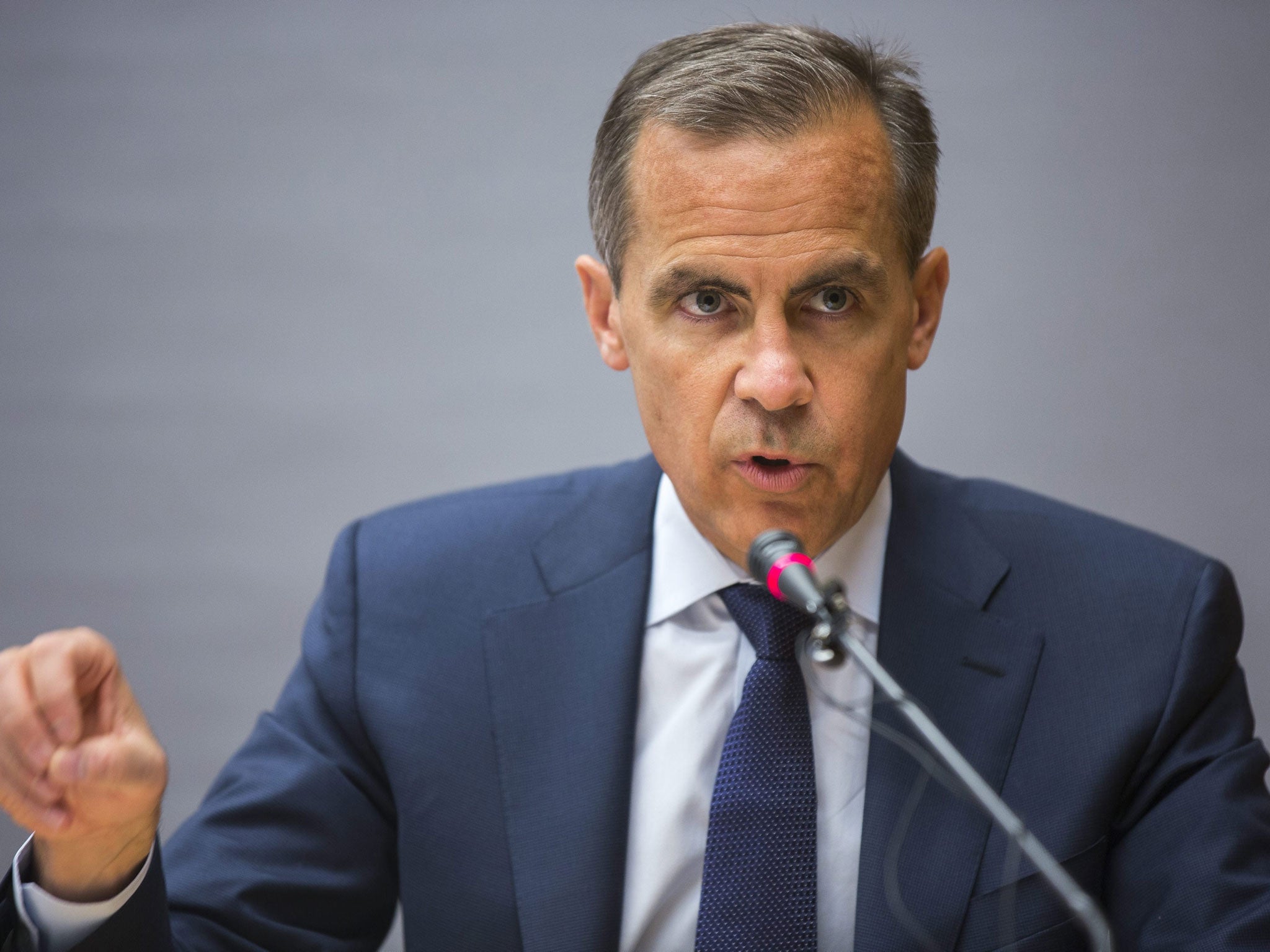New Bank of England Governor Mark Carney rolls up his sleeves as new era begins

Mark Carney will hit the ground running at the Bank of England today as he takes on "one of the toughest central banking jobs in the world".
The former Bank of Canada governor and Goldman Sachs banker will be thrust straight into the policy maelstrom as he attends a pre-briefing for the Bank's Monetary Policy Committee on his first morning, before chairing a full meeting of the MPC on Wednesday.
The Canadian succeeds Sir Mervyn King to become the first foreign Governor in the Bank's 319-year history and the world's most powerful central banker, following the BoE's assumption of new responsibilities for financial stability and regulation as well as setting interest rates.
The Chancellor, George Osborne, tempted Mr Carney, who initially refused the job, with a total package of £874,000 – six times more than David Cameron's £142,500 salary.
Investec's chief economist, Philip Shaw, said: "Dr Carney has one of the toughest jobs in central banking. It is an absolutely huge task encompassing financial stability, supervision and monetary policy. In Canada, the banks were in a far more resilient position to meet the recession, which is clearly not the case in the UK. The UK is also a much bigger financial centre than Canada. It is simply a vast proposition."
Mr Carney is not expected to make any public pronouncements until August, when he could employ forward guidance on interest rates, subject to inflation staying under control. The Chancellor gave the Bank room to explore this option with changes to its mandate in March's Budget.
The new Governor is thought to favour more quantitative easing to help the gradually recovering UK economy to reach "escape velocity", although six of the nine-member MPC are currently blocking more stimulus.
The economy is set to show stronger expansion in the current quarter, possibly as fast as 0.5 per cent. But wages are still lagging well behind inflation, prospects for household spending are weak, and revisions to official figures showed the UK still far further below its pre-recession peak than thought.
Experts said Mr Carney may spring a surprise as soon as Thursday with a statement on recent market turmoil, although the MPC is expected to hold interest rates at their record low 0.5 per cent and make no further asset purchases under its £375bn money printing programme.
In June signals from the US Federal Reserve on slowing the pace of its own quantitative easing programme hit shares and sent bond yields, which move inversely to prices, soaring. The rise in government borrowing costs builds upward pressure on long-term interest rates and potentially threatens recovery prospects.
Capital Economics' chief UK economist, Vicky Redwood, said: "We will be on our guard for something. The bank may decide it wants to say something on the recent market movements."
Mark Carney: 'Mad man' of banking?
Mark Carney was dubbed the "Don Draper of banking" by one pundit yesterday, but the 48-year-old will need more than the fictional advertising guru's charisma to help get the UK economy back on its feet.
He might be something of a Mad Man to take the Bank of England job, given the state of the recovery, which we learnt last week has much further to run than previously thought. Calming unrealistic expectations is arguably his biggest task.
He did lots of things right during his time at the Bank of Canada: slashing interest rates quickly, keeping credit flowing and letting the public know rates would remain low so they would keep borrowing. He's also a great communicator.
But he was dealt a far better hand than the one he holds now. Canadian banks dodged the subprime mortgage crisis and the nation's energy and mineral exports helped it to rebound faster.
Over here, the poor state of banks has been a handbrake on recovery which policymakers have been grappling with for five years. Canada's economy is now 5.1 per cent above its pre-recession peak: the UK's 3.9 per cent below. This central banking "rock star" is going to need a punchy set-list.
Join our commenting forum
Join thought-provoking conversations, follow other Independent readers and see their replies
Comments